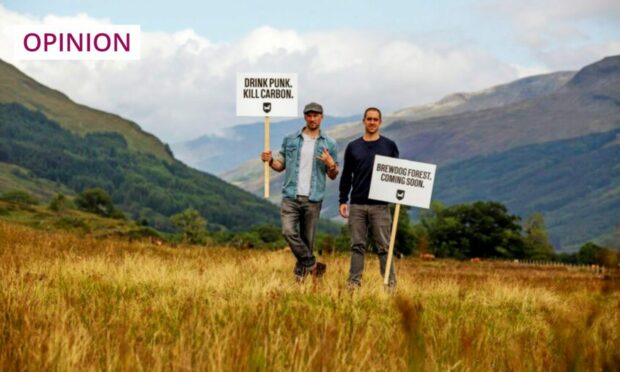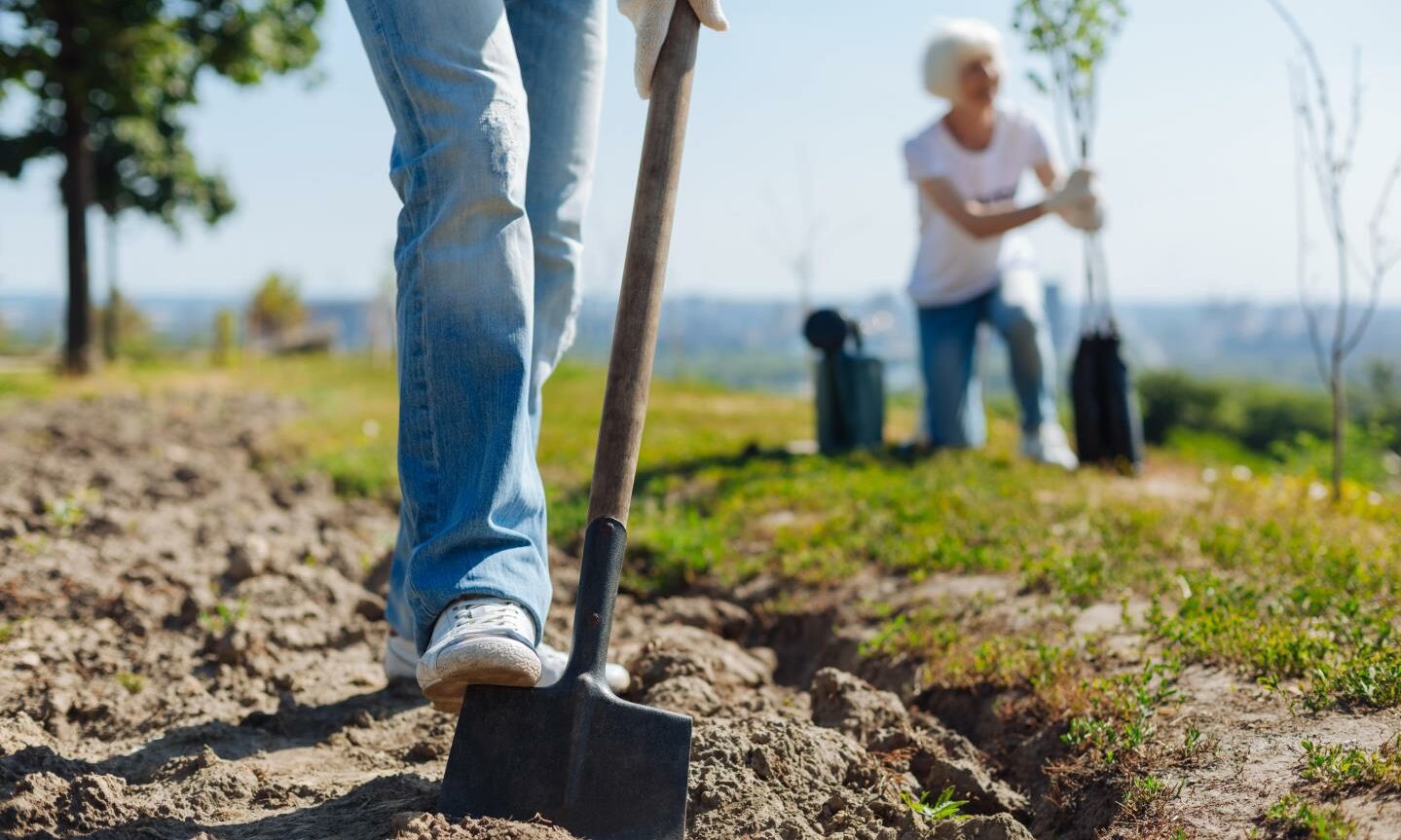The huge inequalities of Scottish land ownership present a serious obstacle to developing a carbon net zero economy in a way that is economically and socially fair.
And the Scottish Government must address the problem through meaningful land reform, if it is to achieve the green future it craves, through a genuinely “just transition”.
This stark warning was sounded recently, not by latter-day levellers, luddites, or even someone from the prime minister’s fabled “anti-growth coalition”. It is from an official government body at the heart of the operation to meet our greatest challenge: the existential threat of climate change.

The Just Transition Commission (JTC) was specifically created by the Scottish Government to guide, oversee and scrutinise progress towards a carbon net zero economy, “in a way that delivers fairness and tackles inequality and injustice”. The second JTC convened earlier this year, chaired by Jim Skea, professor of sustainable energy at Imperial College London.
In a largely overlooked section of its initial report published in the summer, it examines agriculture and how our land is used. It highlights the urgent need to transform how we produce food for a fairer deal for producers, consumers, and the planet.
But, it goes on to say: “However, Scotland’s land use is also defined by extreme asymmetries in ownership which presents a major barrier to a just transition where the costs and benefits of climate action are fairly distributed.
“In delivering a just transition, the Scottish Government must aim to tackle the root causes of these severe inequalities in land ownership and governance, which are fundamental to issues facing nature, economic development, housing, and food systems.”
Ministers must promote ‘robust land reform’
It is difficult to read “extreme asymmetries” and “severe inequalities” and not think of the 500 or so individuals, corporate bodies and charities who own 50% of Scotland’s land on their huge estates. And, it is difficult to think of another official document from a government body which has so directly criticised the impact of Scotland having the most concentrated land ownership in Europe.
Corporate bodies and wealthy individuals are buying huge areas of land in order to ‘greenwash’ their normal commercial activities
This writer can recall attending a press conference at Highlands and Islands Enterprise (HIE) in the early 1990s, about a paper from the agency on agriculture and land use. We looked in vain for any mention whatsoever of these severe inequalities, or even of large estates. To be fair, it was a Tory-controlled Scottish Office at the time, and the issue of land ownership was hardly seen as pressing by HIE’s political masters.
The JTC report also raises the issue of “green lairds”. As readers of this column know only too well, these are the corporate bodies and wealthy individuals who are buying huge areas of land in order to “greenwash” their normal commercial activities, benefitting in the process from the public money set aside for the likes of tree planting and peatland restoration.
The report doesn’t use the green laird phrase, but says: “Expected rises in prices in the voluntary carbon market in the coming decades will deepen inequalities in the absence of policy intervention, with potentially large financial rewards for landowners from the generation of carbon credits and upwards pressure on land values.”
It stresses the need for ministers to promote “robust land reform” to address this, saying: “An ambitious Land Reform Bill should tackle concentrations in ownership and enshrine transparency, equality, and public good into the future of Scotland’s land use.”
Green lairds jeopardise a truly just transition
Such legislation should also enable land owned by communities to play a more prominent role in the fight against climate change, as it has clear and important advantages.
The report says: “Community ownership of environmentally beneficial land use activities can deliver the strongest alignment with just transition and community wealth building principles, thanks to being rooted in place; generating positive local multiplier effects; embedding collaboration into decision making; and delivering inclusive, well-paid jobs.
“Community-led land management, therefore, provides an effective means of ensuring that the wealth generated by Scotland’s natural assets are retained and redirected back into local communities in contrast to absentee corporate and individual ownership.”
It has to go way beyond assisting the occasional community to take ownership of their local land
But, if this is to be tackled by the Scottish Government effectively, it has to go way beyond assisting the occasional community to take ownership of their local land, as welcome as each buyout is.
The JTC report is recognition from an official body of just how economically unjust our land ownership patterns are. The fact that, in the JTC’s expert opinion, such extreme asymmetries hinder efforts to counter climate change while remaining true to a “just transition” increases pressure on ministers to act.
New landowners planting trees and restoring peatland is obviously more welcome in an age of global warning than shooting birds (their sporting neighbours should perhaps follow their example). But, their appetite for land is inflating land prices. This can only undermine efforts to deploy the more effective, community-level activity in Scotland’s drive to net zero.
David Ross is a veteran Highland journalist and author of an acclaimed book about his three decades of reporting on the region



Conversation